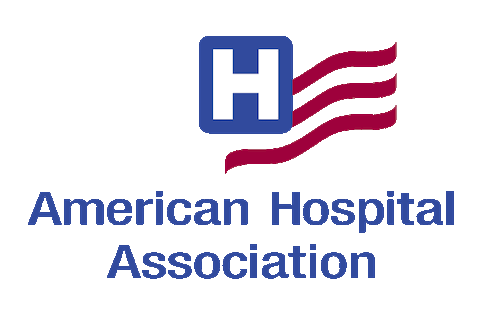
August 4, 2022 – This week, the Centers for Medicare & Medicaid Services CMS issued the fiscal year (FY) 2023 Medicare Hospital Inpatient Prospective Payment System (IPPS) and Long-Term Care Hospital Prospective Payment System (LTCH PPS) final rule. The increase in operating payment rates for general acute care hospitals paid under the IPPS, that successfully participate in the Hospital IQR Program and are meaningful electronic health record (EHR) users, is 4.3%.
Industry responses thus far have said that the update “falls short” of what hospitals need. The following are responses from the American Hospital Association and Premier.
Stacey Hughes, Executive Vice President, American Hospital Association:
We are pleased that CMS will provide hospitals and health systems with increased inpatient payments next year, rather than a cut as proposed, allowing them to better provide care for their patients and communities. As we urged, CMS will use more recent data to calculate the market basket and disproportionate share hospital (DSH) payments, which yields far more accurate figures that better reflect the historic inflation and tremendous labor and supply cost pressures hospitals and health systems face. The AHA greatly appreciates the bipartisan groups of senators and representatives who expressed their support for hospitals and health systems by weighing in with CMS on their proposed policy.
That said, this update still falls short of what hospitals and health systems need to continue to overcome the many challenges that threaten their ability to care for patients and provide essential services for their communities. This includes the extraordinary inflationary expenses in the cost of caring hospitals are being forced to absorb, particularly related to supporting their workforce while experiencing severe staff shortages. We will continue to urge Congress to take action to support the hospital field, including by extending the low-volume adjustment and Medicare-dependent hospital programs.
We applaud the agency’s decision not to penalize hospitals under the Hospital Acquired Condition (HAC) Reduction and Value-Based Purchasing Programs next year, recognizing how quality performance has been affected by the COVID-19 pandemic. However, we are concerned that CMS’ decision to publicly report pandemic-distorted data from the HAC Reduction Program’s patient safety indicator could mislead the public and fail to advance patient safety. In addition, while the AHA supports the inclusion of health equity measures in the inpatient quality reporting program, we believe the measures still need further improvements and clarifications to optimize their feasibility, accuracy and meaningfulness. We look forward to continuing to work with CMS to advance health equity.
Finally, we welcome CMS’ decision to not finalize as proposed a policy that would change how 1115 waiver days are counted for purposes of determining Medicare supplemental payments that aid hospitals that serve a large share of low-income and uninsured patients. If finalized, this misguided policy would have put at risk hundreds of millions of dollars for patient care, and potentially jeopardize the eligibility of some hospitals for the 340B drug pricing program, which requires drug companies to provide discounts to hospitals serving low-income patients and vulnerable communities.
Soumi Saha, Premier, Inc. SVP of Government Affairs:
While we appreciate CMS taking a second look at their market basket calculations and adjusting the IPPS payment rate upward, the truth remains that a 4.3 percent payment update falls woefully short of reflecting the rising labor costs that hospitals have experienced since the onset of the pandemic. Coupled with record high inflation, this inadequate payment bump will only exacerbate the intense financial pressure on American hospitals. Our healthcare providers deserve adequate payment that reflects both the current environment and their heroic actions throughout the course of the pandemic – we must make our providers whole.
